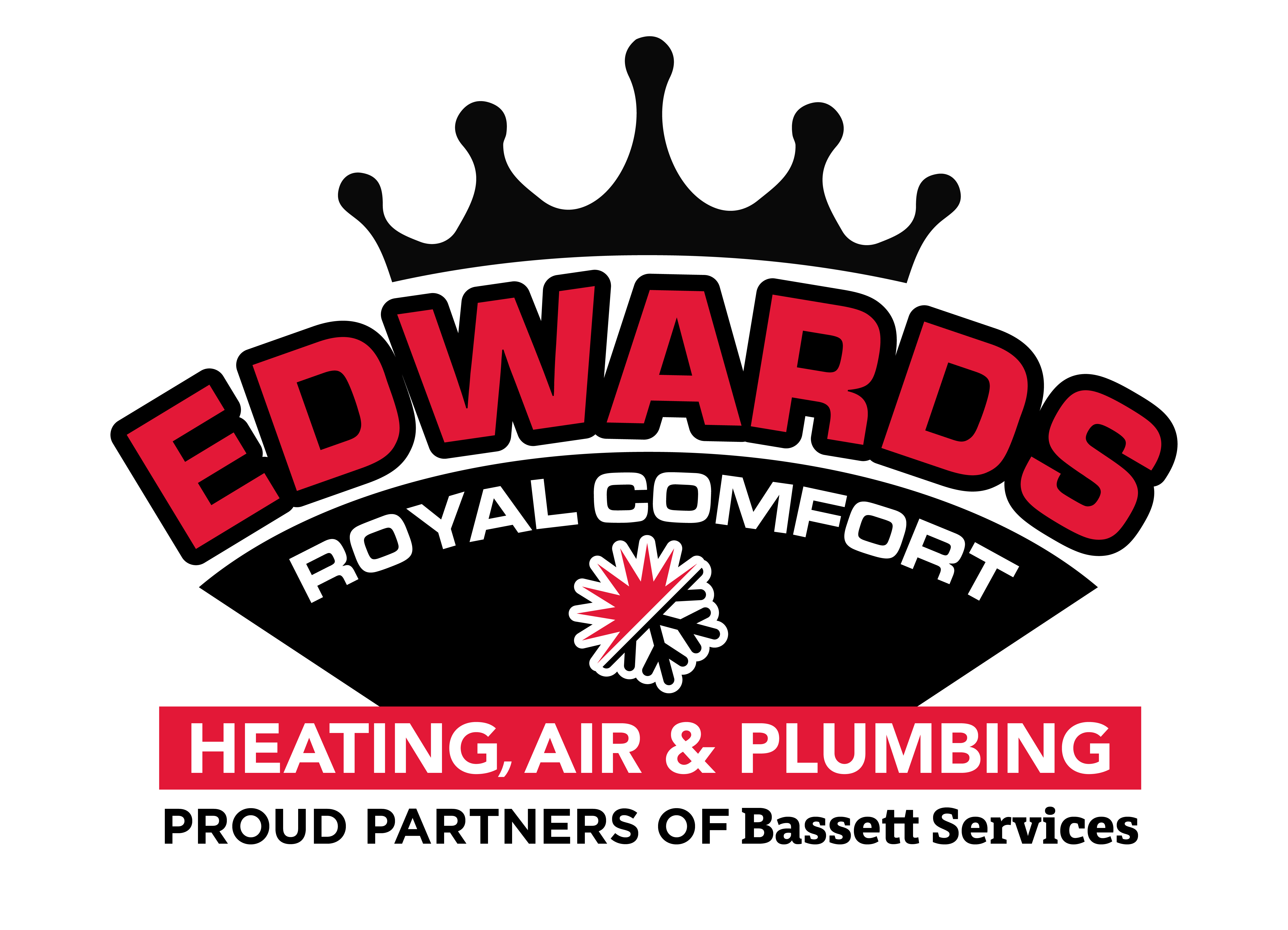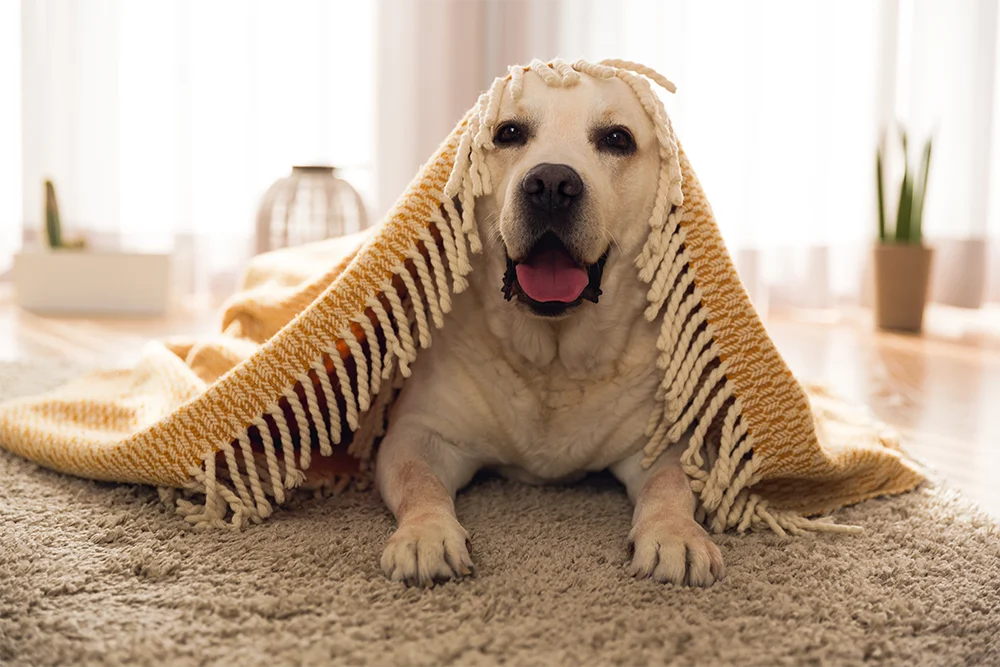If you care about your carbon footprint – or are looking for ways to save on your heating and cooling bills – you may have heard about geothermal heating. Geothermal heating systems take heat from the ground and can supply heat, cool air, or heated water to a home.
A geothermal heat pump system can cut energy bills by 65% compared to traditional HVAC systems. Like any major investment, you want to weigh the pros and cons of your choice. In our most recent blog, the HVAC technicians at Edwards explain how warm geothermal heating systems can get, how these systems work and whether they’re the right choice for your home.
What is Geothermal Heating?
Geothermal heat pumps, also known as ground source heat pumps, transfer heat from the Earth to your home. They can be installed in many different climates. People from Minnesota to Florida are investing in geothermal heat pumps as an efficient way to heat and cool their homes.
In order for a heat pump to work, they need a system of interconnected pipes used as heat exchangers that are placed underground. In the winter – when the outside air is cold but it’s warm underground – refrigerant within these coils absorbs the heat from the ground and transfers it into the building.
The process is reversed in the summer. Heat is absorbed from the building and passed into the ground. This loop system is connected to a geothermal heat pump. It includes the compressor, pump, and an air handler unit if the system is used to heat up air. This air is then circulated throughout the house using a system of ducts and vents.
There are many different types of configurations for these coils to be laid. Some require to be buried deep in the ground, while others can be laid shallowly in the dirt and coiled around the yard and the house. How they are placed depends on the configuration of your yard and the climate you live in.
How Warm Can Geothermal Heating Get?
You may have heard that heat pumps don’t get very warm in the winter and that they aren’t ideal for very cold climates. But those heat pumps are air source heat pumps. Air source heat pumps heat and cool the air from outside, whereas geothermal heat pumps pull heat from under the ground. When it’s cold outside, air source heat pumps can struggle to heat the cold air. Geothermal heat pumps, meanwhile, take heat from the Earth’s constant ground temperature (45° to 75℉ depending on your location) to heat your home.
High-efficiency geothermal systems tend to operate between 100 to 120℉. Your traditional HVAC system is designed to operate at 180 to 200℉. Although there is less heat, a geothermal system is much more efficient. And geothermal heat pumps are compatible with zoned heating operations, meaning you can place heating and cooling mini splits in different areas of your house that can be controlled individually. Everyone can be comfortable, and your home will be energy efficient.
What Are the Costs Of Switching Over to Geothermal Heating?
Since geothermal heat pumps are so efficient, you’ll love the savings on your energy bills and the available tax incentives. But the initial upfront cost could be what prevents you from installing a geothermal heat pump. On average, geothermal heat pump installation costs between $10,000 to $30,000 before tax breaks. Because of this high price, it might be more advantageous to install geothermal heating on a new home rather than trying to install one in your current home.
Because a geothermal system requires pipes to be placed in the ground, your landscaping may be affected. Large machines will need access to your yard to dig the holes for your geothermal pipes. If you have a very small yard or can’t afford to fix your yard following installation, geothermal heating might not be the right solution for you.
Learn More about Geothermal Heat Pumps by Calling Edwards Royal Comfort Today
Indiana is a prime location for geothermal heat pumps, which are a great source of renewable energy and lessen the environmental impact. If you’re ready to start saving on energy costs and emissions with the installation of a geothermal heating system that can operate year-round, then call Edwards Royal Comfort for more information today!



